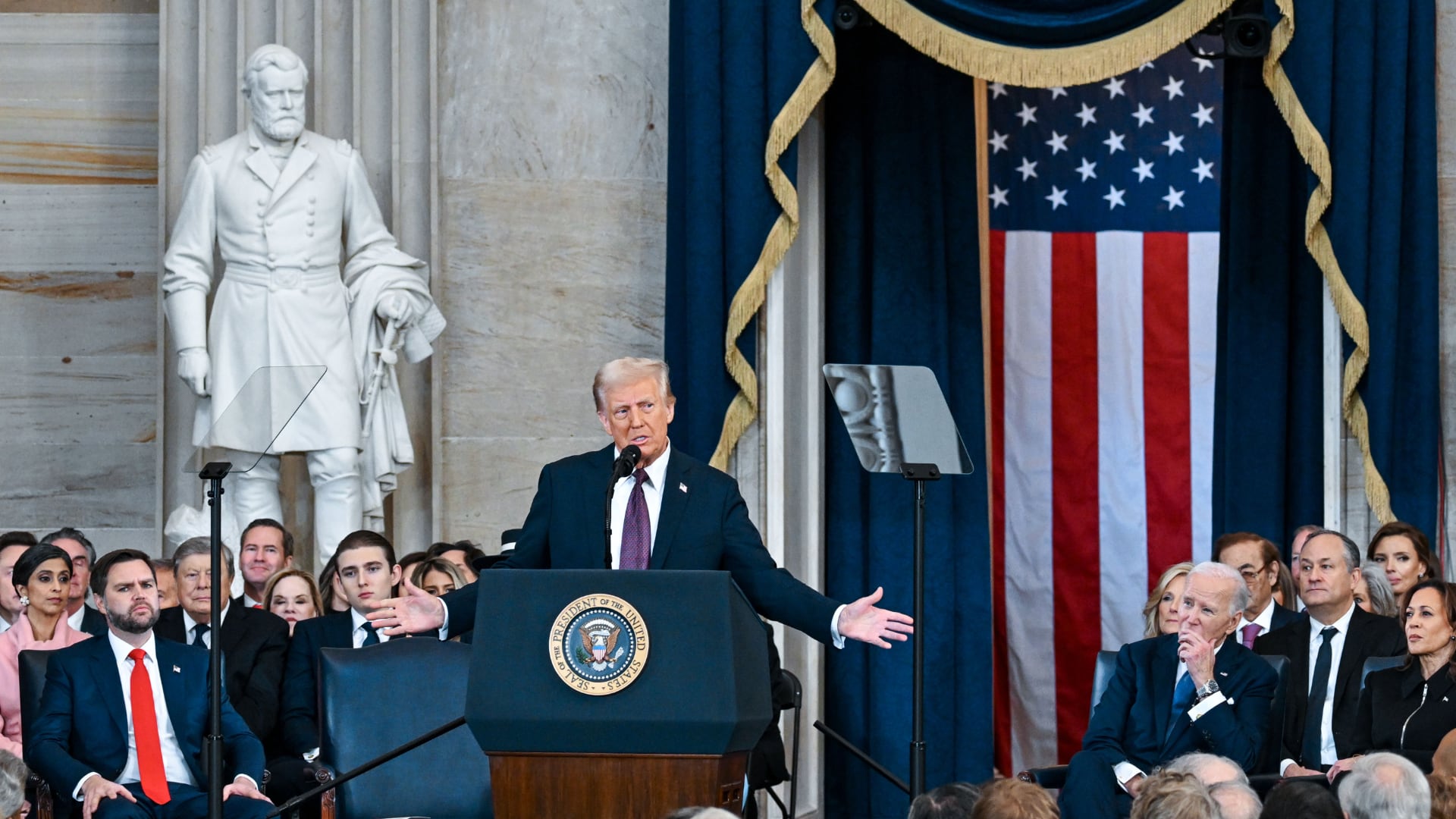In the wake of the Parkland, Fla., shooting, many -- including President Trump -- are pointing the finger at violent video games for potentially shaping player behaviors. But the industry is just “a very convenient scapegoat for a lot of politicians,” according to Ashley Jenkins, Host of Rooster Teeth’s “The Know.” There have been several studies looking into the impact of video games, and none have found any causal links with behavioral issues, Jenkins told Cheddar. She pointed out that the games in question are often played around the world, and those countries “don’t have the same level of gun violence, so it’s unlikely that the correlation there has anything to do with actual video games.” President Trump has said he’ll meet with video game executives at some point this week to discuss the violent content in their products. But it seems like the industry, including companies such as Nintendo, Sony, and Microsoft, is unaware of this meeting. “At this point no one in the industry has any idea who Trump plans on meeting with,” said Jenkins. This debate around the impact of video games isn’t new and tends to resurface after every violent tragedy. For example, there were similar calls for restraints after the Columbine shooting in 1999. But that movement didn’t really go anywhere. Instead, the video game industry set up the Entertainment Software Association, which functions as “an independent regulatory body to avoid government interference,” much like the Motion Picture Association of America self-regulates for movies, said Jenkins. Trump, though, doesn’t seem aware that the body exists, suggesting at a meeting with shooting survivors last month that video games should be subject to a “ratings system.” For the full interview, [click here](https://cheddar.com/videos/trump-planning-to-meet-with-video-game-makers).












